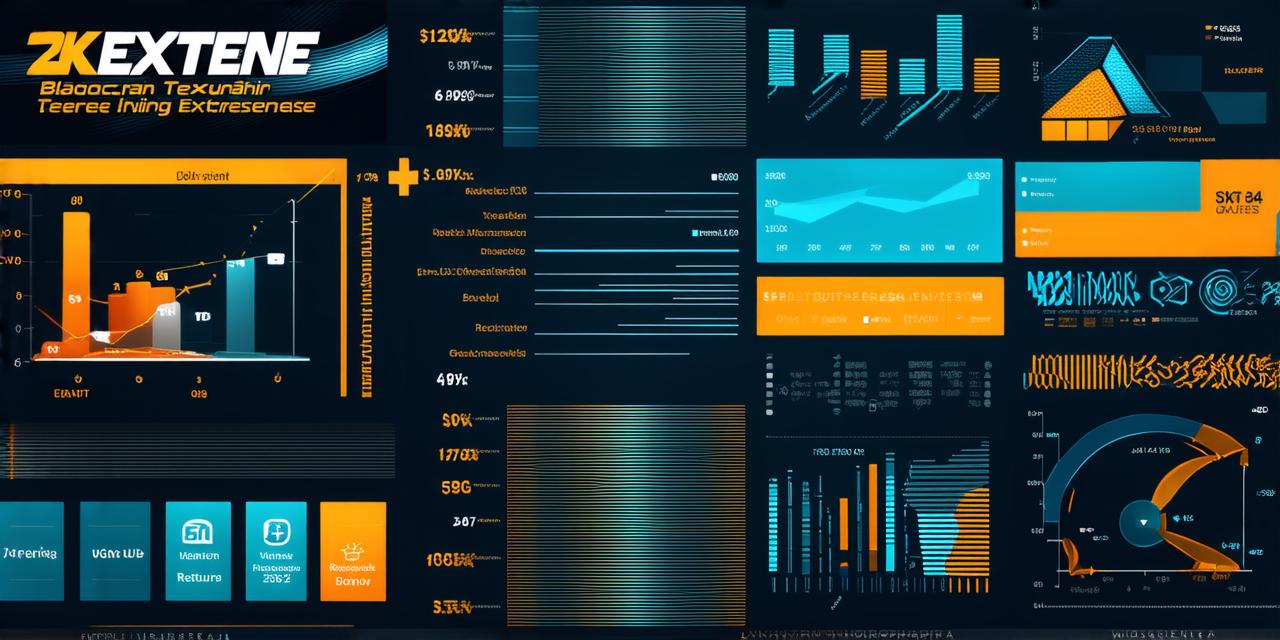What is blockchain built on
Blockchain technology has revolutionized the way we store and share data, transforming industries from finance to healthcare to supply chain management. With its decentralized, secure, and transparent architecture, blockchain has emerged as a powerful tool for creating trust and facilitating transactions in an efficient and cost-effective manner. But what is blockchain built on? What are the underlying principles and technologies that make this technology so unique and valuable?
What Is Blockchain?
At its core, a blockchain is a distributed ledger that records transactions across a network of computers. It consists of a chain of blocks, each containing a list of transactions, and is secured using cryptography to prevent unauthorized access or tampering. The decentralized nature of the blockchain means that there is no central authority controlling the network, making it resistant to censorship and manipulation.
One of the key features of a blockchain is its immutability – once a transaction is recorded on the ledger, it cannot be changed or deleted. This creates a tamper-proof record of all transactions that have occurred on the network, providing transparency and accountability for all parties involved.
The Benefits of Blockchain Technology
Blockchain technology offers numerous benefits over traditional systems for storing and sharing data. Some of the key advantages of blockchain include:
- Decentralization
- Security
- Transparency
- Efficiency

The Principles of Blockchain Technology
There are several key principles that guide the development and use of blockchain technology. These include:
- Decentralization
- Immutability
- Consensus
- Cryptography
Real-Life Examples of Blockchain in Action
Blockchain technology is being used in a wide range of industries to create new opportunities and address longstanding challenges. Here are some real-life examples of how blockchain is being used:
- Finance: Blockchain is being used in the finance industry to facilitate faster, more secure, and less expensive transactions. For example, it is being used to develop decentralized finance (DeFi) applications that enable users to borrow, lend, and trade assets without intermediaries.
- Healthcare: Blockchain technology is being used in healthcare to improve data security, reduce fraud, and enhance patient privacy. For example, it is being used to develop secure, decentralized electronic health record (EHR) systems that enable patients to control their own data and share it with healthcare providers as needed.
- Supply Chain Management: Blockchain technology is being used in supply chain management to improve transparency, reduce costs, and enhance efficiency. For example, it is being used to develop decentralized supply chain management systems that track the movement of goods from origin to destination, enabling businesses to monitor their supply chain in real-time and identify potential issues before they become major problems.
The Future of Blockchain Technology
Blockchain technology continues to evolve and mature, with new applications and use cases emerging all the time. As the technology becomes more widespread and mainstream, we can expect to see even more innovative uses of blockchain across a wide range of industries.
- Identity Management: Blockchain technology is being used to develop decentralized identity management systems that enable individuals to control their own identities and share them with businesses and organizations as needed. This has the potential to revolutionize the way we think about identity, enabling individuals to take back control of their personal data and reducing the risk of identity theft and fraud.
- Voting Systems: Blockchain technology is being used to develop secure, transparent, and decentralized voting systems that enable citizens to vote without intermediaries. This has the potential to improve the integrity and accessibility of voting processes, ensuring that every citizen’s voice is heard and reducing the risk of fraud and manipulation.
- Smart Contracts: Blockchain technology is being used to develop smart contracts, which are self-executing contracts with the terms directly written into code. These contracts automatically execute when predefined conditions are met, enabling businesses to automate complex processes and reduce the need for intermediaries. Smart contracts have the potential to revolutionize a wide range of industries, from finance to real estate to healthcare.
Conclusion
Blockchain technology is a powerful tool for creating trust and facilitating transactions in an efficient and cost-effective manner. It is built on a foundation of decentralization, security, transparency, and consensus, and is being used in a wide range of industries to create new opportunities and address longstanding challenges. As the technology continues to evolve and mature, we can expect to see even more innovative uses of blockchain across a wide range of applications.



